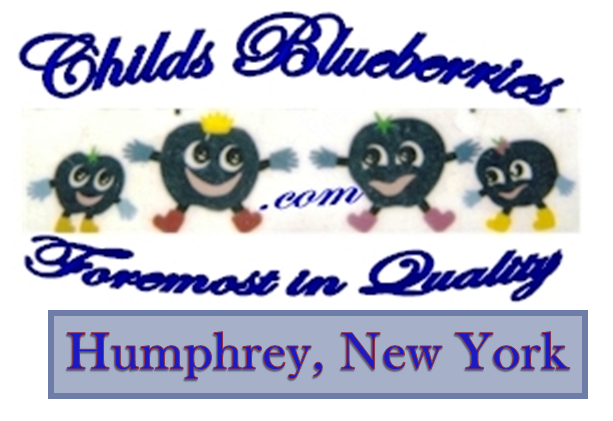CHILDS RAZZELLE WINE: Razzelle is a blend of elderberries, blueberries and raspberries and folks have said, “Best wine ever.” Chemical free so you will not get a “chemical headache” from drinking this wine. It takes a while to make artisan, all natural wine, as it is not mass-produced. This wine is good for you with unbelievable superfood ingredients--a glass with dinner meets that “1/2 cup a day” requirement for the much publicized health benefits of eating these fruits. The iced wine takes 4 times the fruit but the juice nectar is magnificent. Wine made the way I am doing it I have seen retail for $54 for 11.5 ounces. Chemical free, designer bottle, private stock. Repeat customers bought 2 to 7 more bottles quickly depleting supply in 2018. I have been making wine since I was knee high with my Dad and can thank him for sharing his tricks and then I have added a few of my own. :) The peacock historically has represented peace, harmony, awakening, renewal, and even immortality in a variety of cultures. Have a bottle of Childs Razzelle and enjoy some great conversation! We recommend using frozen fruit instead of ice cubes to chill the wine and because there are no chemicals, you should refrigerate after opening to preserve optimal flavor.
WHY DO THE BERRIES TASTE SO BAD? You may have tried buying FROZEN store bought blueberries and realized they just do not taste good. The problem is machine picked berries are left on the bush too long so they machine can pick them & contains 20% or more rancid, over ripe berries mixed in then add 20% or more under ripe berries to the 20% over ripe and you have store bought. When I tried one of the FRESH store bought blueberries a student offered me, the flavor was fair to awful indicating they are grown in the wrong soil for blueberries but it popped when I chewed it—a sure sign of systemic fungicides added to increase shelf life but mostly not doing a thing for yours. Childs Blueberries have never “Popped” like that so I do not know what they are doing to cause that but some systemic chemicals applied are so harsh they require a 60 days wait until it is “safe” to eat the food once applied..
ORGANIC IMPORTED FRUIT IS OKAY OR NOT? There is a BIG difference in farming practices between domestic and imported food. It is the “wild west” for chemical use, organic or not, in South American countries like Argentina, Chile, Peru, etc. The fruit is produced in sweatshop like conditions with little regard for the safety of the workers and has unmonitored use of chemicals with rubber stamps for certifications; ergo, NO South American fruit is allowed in the Childs Household because I do not consider it healthy. People say, “What should I do with the berries I bought from Chile last week that are in my refrigerator? Can I feed them to my dog?” I ask, “Is your dog your friend?” Childs Blueberries are BEYOND ORGANIC and pest free.
IS FROZEN FRUIT AND VEGETABLES OKAY? Unless the bag says, “GROWN IN USA” the product is most likely imported and then “PACKED” or “DISTRIBUTED” in the USA. Some Asian countries who export to us even use human feces for fertilizer. UNLESS the bag you pick up of frozen anything says, grown in USA, you do not know what you are getting.
ARE WILD BERRIES ORGANIC? One would think so but no—it is slick marketing. A company in Maine claims to have “Wild” berries, which is the “Ultimate Organic”. The reality is, they use all of the chemicals—herbicides, fungicides so the berries “Pop” and insecticides—all harsh chemicals with high residuals and many days wait until harvest and their berries are mostly grown in the South America but are “packed in the USA”. What they have is a “wild variety” not wild blueberries.
IS AMERICAN GROWN FOOD SAFE? American farmers are regulated and like the French—very safe. Occasionally, a representative with a clipboard comes up to our farm market stand and buys 16 pints for the USDA. They test for herbicide, fungicide and insecticide residual and we receive a report back and of course, Childs Blueberries is always zero residual. I wish they did that for imported fruits and vegetables instead of letting companies mislead consumers with “distributed in the USA” on the label. Recently, oranges from Brazil when pressed was found to have huge quantities of a systemic fungicide called Quadris that after it is applied, you cannot eat the food for 60 days. It is what they put on raspberries so they will keep for 3 weeks in a grocery store and look pretty. If you buy raspberries from me, you have one day to eat them or then freeze them. That is how raspberries are supposed to be. Evidently, the Brazilian farm had sprayed within a few days of harvest and then shipped to the USA. Organic stamps mean nothing if the regulatory agency in these countries are not reputable and with the exception of France and the USA, most are questionable.
I recall selling fresh raspberries and a customer coming up the next week and complaining that her raspberries had mold on them after only 3 days. I gave her back her money because she would not understand that was a mark of not having chemicals to extend the shelf life and thus represented true quality. We always say, eat or freeze them in a day. Now I just freeze them and sell them that way because so many consumers have just come to expend a 10-day shelf life—but I ask, at what cost?
